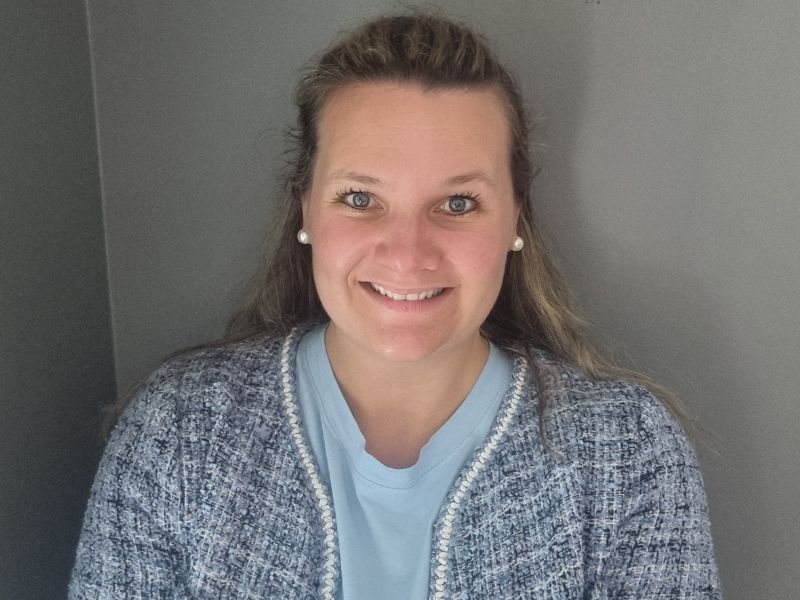 Anniken Grønstad
Anniken Grønstad
Anneken Grønstad graduated from our MSc Organisational and Social Psychology in 2014. She works as an Associate Professor in Organisational Psychology at Oslo New University College. Her research revolves around leadership, organisational change, employee health and well-being, sexual harassment, work environment, telework, and whistleblowing. Besides research and teaching, she also disseminates her research and has written posts and articles for LSE Business Review, LSE Psychology blog, LSE Covid-19 blog, and World Economic Forum.
What is your current job title, and what does the role entail?
Associate Professor of Organisational Psychology. The job entails research, teaching, and supervision. In brief, I conduct research (both quantitative and qualitative) on topics relevant to organisational psychology. I am currently heading several research projects looking into (1) the effects of telework on employee well-being, (2) aspects relevant to “the Nordic Model”, (3) research methods within management, (4) HR’s role in whistleblowing and (5) the effects of organizational change on employee health. I also participate in a NordForsk funded research project on sexual harassment in the police. Besides research, I teach on modules such as Human Resource Management, Change Management, and Leadership. In addition, I supervise several MSc students and two doctoral students.
Tell us about your career journey since graduating from LSE.
Upon graduating from LSE, I embarked on a PhD in organisational psychology at the University of Oslo. After obtaining my PhD degree, I gained practical work experience working with typical HR tasks such as sick leave, fit notes, staffing, leadership development and conflict management, both in the construction industry and as a consultant in an occupational health service. After a few years, I returned to academia as an Associate Professor of Organisational Psychology.
How has the programme you studied helped your career since you graduated?
Being a student at LSE was highly rewarding and the training I obtained as a student at the Department of Psychological and Behavioural Science in doing research, reading research papers, and talking to world-class researchers working at the department have been paramount in preparing me for a career in academia. In particular, my time at LSE helped me to advance my critical thinking as well as my methods and research skills, and I received important training in how to build a line of arguments and how to justify these arguments using various sources of evidence – both initially as well as after having them challenged and critiqued through peer/teacher “review”. This is such an important part of studying at LSE; the learning environment is highly conducive to critical thinking and the staff members are so vested in and passionate about both research and teaching. Anytime I had a burning question, there was always a member of staff available to discuss the question(s) with me. This has been and still is a source of inspiration in my own work as an academic. The programme itself reinforced my interest in working life and all aspects relevant to understand how humans interact at work and allowed me to gain a deeper understanding of concepts relevant to comprehend human behaviour in various work situations. In particular, I enjoyed the applied approach to psychology which taught us how to use psychology to help both organisations and employees become successful and how processes such as innovation, change, and decision-making play a part on the road to success. During my studies, I also spent a lot of time in the LSE library and always enjoyed entering it – not only because of the many intriguing books available inside – but also because it portrayed the motto of LSE: rerum cognoscere causas – to know the causes of things. As a researcher, I am vastly engaged in the creation of knowledge and the aspiration to contribute for the betterment of society through my research is a key driver of my commitment to science.
What’s the best piece of career advice you’ve received?
If you want to achieve great results, you need to master the art of prioritizing both time and tasks.
What’s the greatest challenge you’ve had to overcome?
As a researcher, I expose my work to criticism. Having referees criticize not only the methods, concepts, variables, and theories used, but sometimes also the value of my work is both rewarding and hard. Coupled with fierce competition to get funding, very high demands and standards required by journals in terms of clarity and evidence used to support my claims, and a strong, never-ending passion for research, no amount of work ever feels like enough. The greatest challenge to overcome has therefore been to learn how to manage competing priorities.
If you're a PBS alum and would like to share your experience, please get in touch at pbs.alumni@lse.ac.uk.